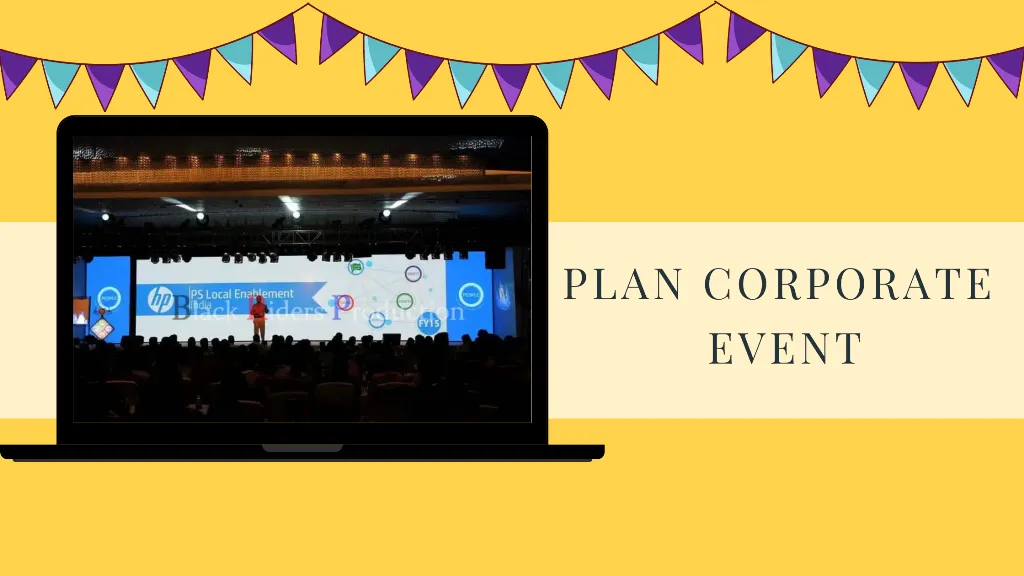How to plan corporate events –(A quick guide)

Corporate events are fascinating.
Multiple purposes, different types of audience to serve, a variety of formats, these are only a few of the characteristics that define the world of corporate events.
A new product launch, or an event celebrating the achievements and success of your marketing or sales team, are all examples of corporate events.Compared to other type of conferences, team-building workshops, or retreats, corporate events are basically business-oriented, having as a main goal a series of actions that will ensure growth, better sales, and a positive market positioning of the company or organisation.
Before doing a corporate event, it is essential to find out everything that needs to be done. Here are the things to understand and take care of before planning a corporate event –
Step 1 : Know your corporate event objective and set goals :
Once you decide you want to plan a event, your first step is to define what you hope to accomplish. You’ll need to decide the event goal and objective, what message(s) you want to share, your audience, and what type of format to employ.
The main focus should be the audience who attend it, so you should keep their wants and expectations in mind. Make a list of the things your guests would expect and ensure to include them in your event.
Step 2 : Set budget for the event :
To determine what sort of event you can produce depends upon knowing your budget for the specific event. While deciding your budget, you have to consider each possible expense that the event will incur. To stop yourself from overspending you can also set limitations.
Once you have a budget, knowing where to allocate most of your resources is essential. Minimize the costs of every possible expense and negotiate prices wherever possible.
Step 3 :Plan strategy and decide roles and responsibilities :
Planning successful corporate events requires a big team. Using common terminology within different teams of the company (marketing, communication, human resources, planning, etc.) can be very helpful.
Apart from that, it’s important to create an events database where you can track all the necessary information, and make sure it’s accessible to everyone on the planning team.
Step 4 : Do all the arrangements :
After getting all of the above done, it is now time to make all the arrangements for the upcoming event. Choose a name and select them for your event and arrange all the equipment and things you will need. Decide what activities you will include in your event and inform your staff and management about them.
Taking care of all these will ensure that your event runs smoothly without any problems.
Conclusion :
Companies may run multiple events per year, meaning once you’ve debriefed one, you’ll have to start planning for another one.
If your normal responsibilities don’t include event planning, you may be feeling overwhelmed. But don’t worry you can also choose to work with a professional event planner. And let someone else handle all the nitty–gritty details.